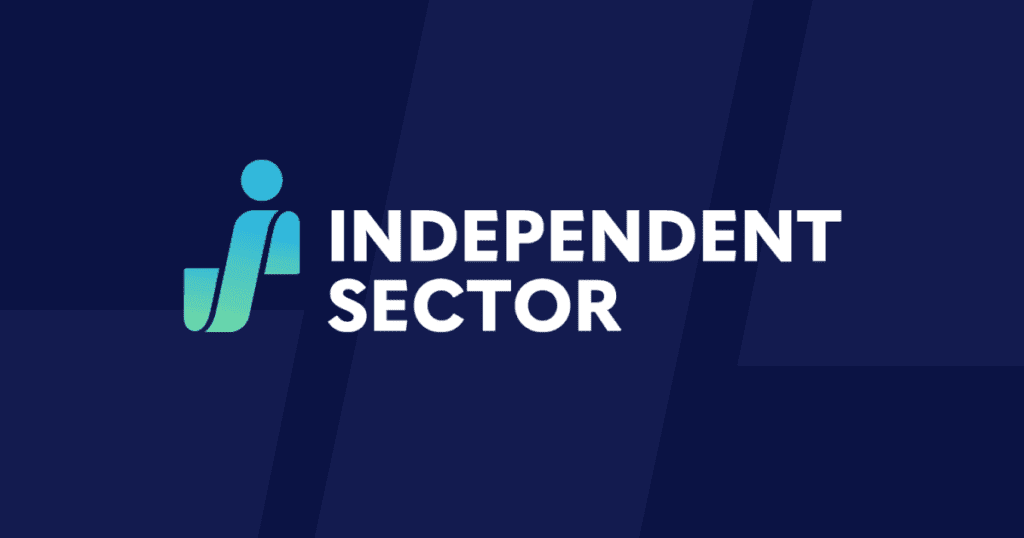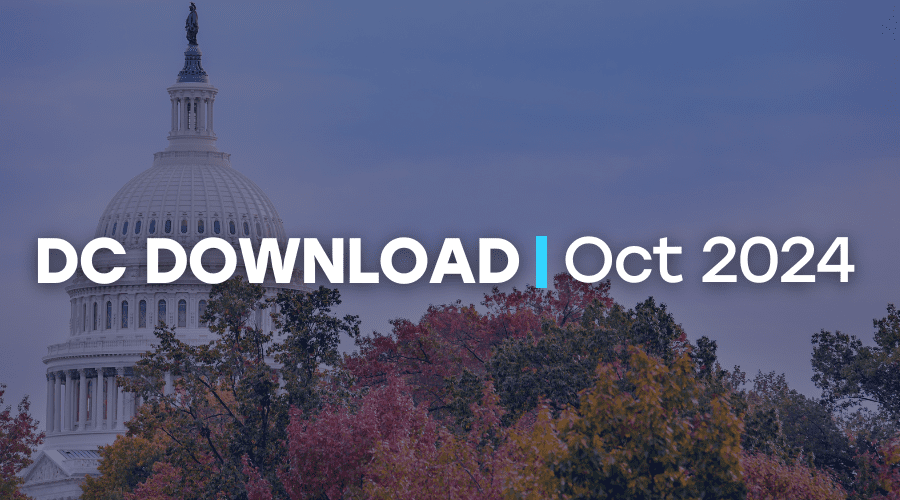We’ve collected another month’s worth of research that interested us and has broad sector relevance. This month’s set contains important insights on social fundraising, veteran healthcare in the U.S., and how philanthropy can support democratic infrastructure and protect voting rights.
The 2019 Edelman Trust Barometer
The Edelman Trust Barometer registered modest gains in people’s trust in 2019 in each of the four major societal institutions—government, business, media, and NGOs—but no institution saw changes dramatic enough to change its standing. Government and media remain distrusted by the general population, while among the informed public, trust in all four institutions rose by four points. Among the general population, gains were even smaller (a two-point increase for NGOs and three points for the remaining three institutions).
The more dramatic story this year is that the world is now divided by trust. There is a 16-point gap between the more trusting informed public and the far more skeptical mass population, marking a return to record highs of trust inequality, and the reemergence of a true “mass-class” divide.
More on the study:
Girls Inc. Analysis of Major Factors Affecting Girls
Recently, the American Institutes for Research completed a study designed to isolate and identify the impact of Girls Inc. on girls’ lives. The evaluation was a two-year, quasi-experimental research study that compared girls in Girls Inc. with a similar group of non-participating girls on subjective self-report measures of experiences, skills, and attitudes, and on objective measures from schools on academic and school-based performance. Researchers determined with confidence that regardless of demographic, academic, and social characteristics, girls who participated in Girls Inc. were outpacing their peers in multiple areas of success and were more likely to:
- see themselves as leaders, with the skills and capabilities to influence and improve their local communities;
- exercise regularly and participate in sports teams;
- have higher standardized math test scores and self-confidence in STEM subjects, and see themselves in STEM careers; and
- be engaged in and attend school, avoid serious disciplinary action, including being suspended, and be prepared for life after high school.
More on the study:
Southern Economic Advancement Project Report by Sarah Beth Gehl, PhD
The Southern Economic Advancement Project (SEAP) began in March 2019 with the aim of filling gaps in state and local policy research in the South. They embarked on listening sessions with nonprofit organizations in Alabama, Georgia, Mississippi, and North Carolina, as well as one-on-one conversations with regional and national allies, asking these three questions: 1. What are the top economic security challenges in your community? 2. What are the top challenges for organizations working within your policy area? 3. What are solutions or room for growth in the policy infrastructure? In all, the conversations included more than 60 organizations regionally and nationally. Among them were statewide policy and advocacy organizations, local direct service organizations, small town organizers, grassroots groups, faith-based coalitions, funders, and national think tanks. Within economic security, these organizations cover a wide array of issues, including housing, wages and work, youth development, agriculture, rural development, small town community development, finance, and more.
Add Your Voice
The research summaries above are by no means an exhaustive list of the newest information out there to help us better understand the nonprofit landscape. So if we missed a report you think we should know and share about, let us know by leaving a comment!



